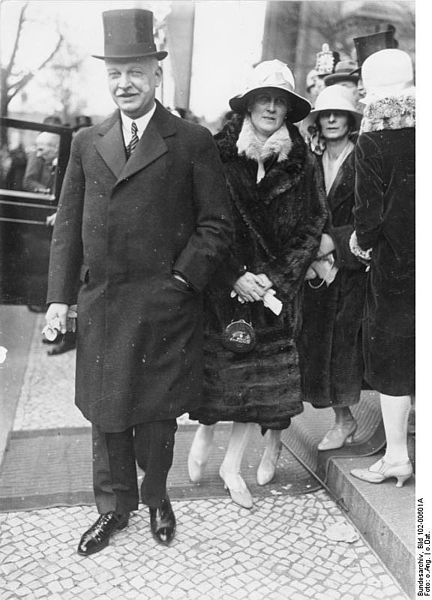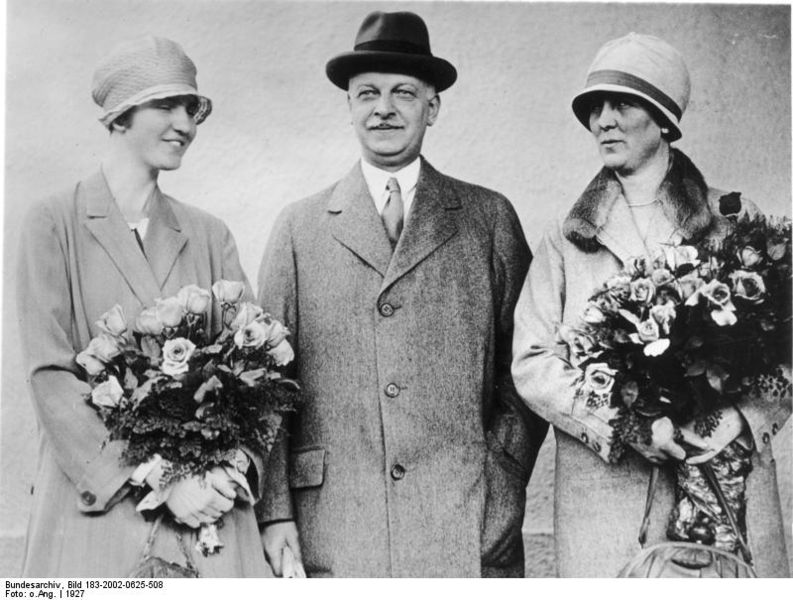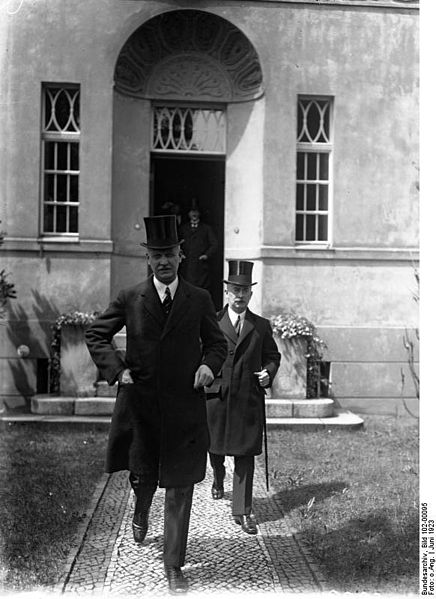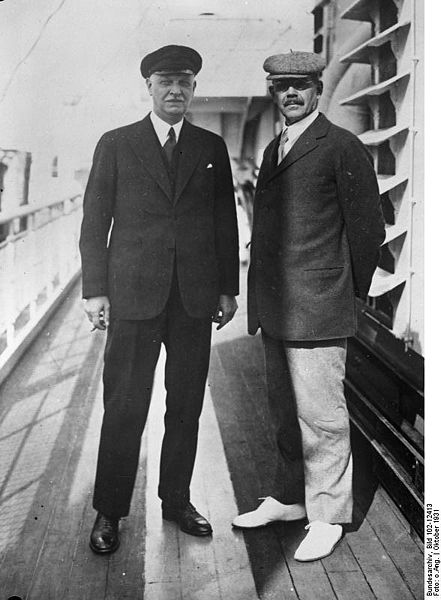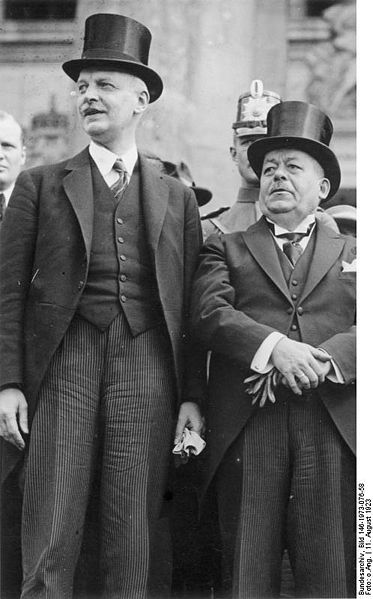<Back to Index>
- Mathematician William Burnside, 1852
- Sculptor and Architect Jacopo d'Antonio Sansovino, 1486
- Chancellor of Germany Wilhelm Carl Josef Cuno, 1876
PAGE SPONSOR
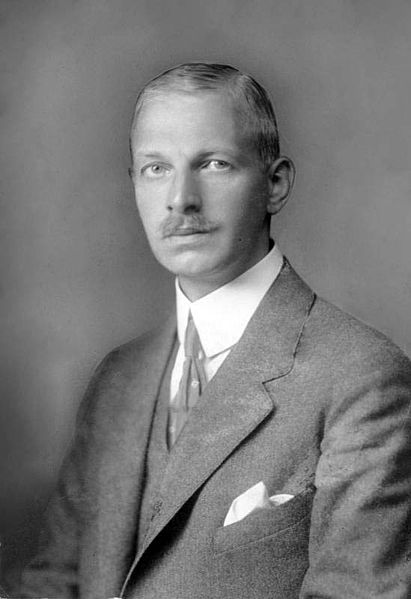
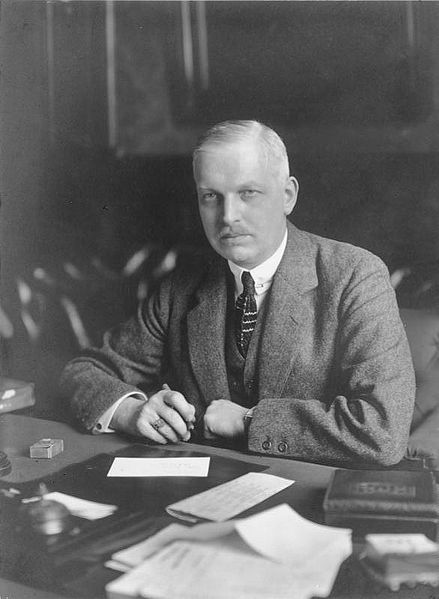
Wilhelm Carl Josef Cuno (July 2, 1876 - January 3, 1933) was a German politician who was the Chancellor of Germany from 1922 to 1923. He was born in Suhl, Prussian Saxony. Cuno's government is best known for its passive resistance of the French occupation of the Ruhr Area (1922 - 1923). Cuno's government was also responsible for its poor handling of economic problems. In order to pay off the state's debts, the government under Cuno printed vast amounts of money, leading to hyperinflation which peaked in the summer of 1923. A wave of strikes began in August 1923 and Cuno and his cabinet resigned on August 12, 1923.
Cuno received education as a lawyer in Berlin and Heidelberg. He was employed by the Reich Treasury Department in 1907. During World War I Cuno was involved in arrangements for food supplies for the German army, but quit civil service to join the Hapag shipping company in 1917. In December 1918 Cuno was promoted to the Hapag's general director. As an economic expert Cuno participated in the post war negotiations on reparations and peace terms. The importance of his position as Hapag executive increased after the company became one of the leading shippers of goods between the U.S. and Germany.
Informally representing the interests of the Reich government abroad, Cuno rejected several proposals to assume the post of foreign minister, but agreed to form the Cabinet after the resignation of Joseph Wirth. Cuno was appointed Reich Chancellor on November 22, 1922, by presidential decree and formed a government mostly composed of non-party economists and members of the German People's Party, German Democratic Party, German Center Party and Bavarian People's Party.
After the downfall of his government, Cuno retired from politics and returned to the management of HAPAG.
He was a member of K.D.St.V. Arminia Heidelberg, a Catholic student fraternity that is member of the Cartellverband.
